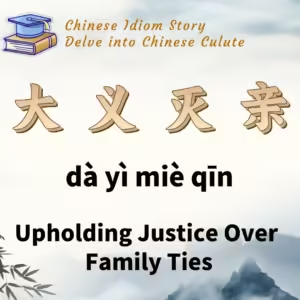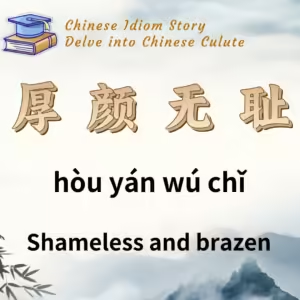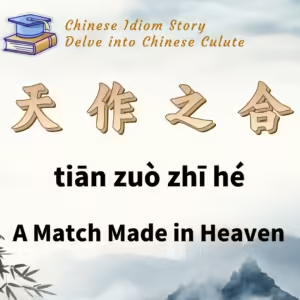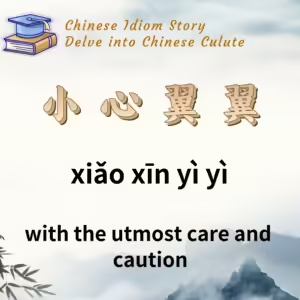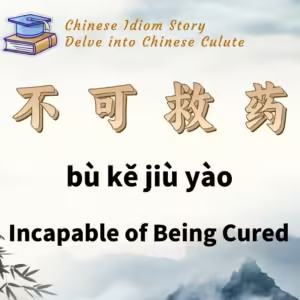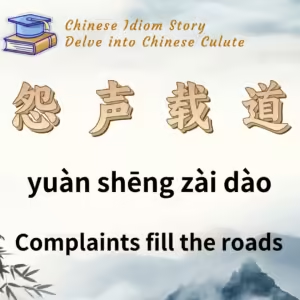
Chinese Idiom: 怨声载道 (Yuan Sheng Zai Dao)
English Translation: Complaints fill the roads
pīn yīn: yuàn shēng zài dào
Idiom Meaning: This idiom describes a situation where the voices of resentment and complaints are widespread, signifying strong discontent among the people.
Historical Source: “诗经” (Book of Songs), specifically the section “大雅·生民” (Great Odes: The People).
Idiom Story:
The poem begins with the miraculous birth of Hou Ji, the legendary ancestor of the Zhou people, and records his achievements in agriculture. It consists of eight chapters, and the first three chapters read as follows:
厥初生民,时维姜塬。
生民如何?克禅克祀,以弗无子。
履帝武敏歆,攸介攸止。
载震载夙,载生载育,时维后稷。
Translation of these lines:
“Who gave birth to the first generation of Zhou people? It was Jiang Yuan.
How were the Zhou people born? One day, she devotedly worshipped the heavens to seek relief from barrenness.
Stepping on the footprints of the Divine, she felt joy and rested there.
When she felt movement within, it was indeed the birth of Hou Ji.”
The gist of these verses is that Jiang Yuan, through her sincere devotion and sacrifices to the heavens, eventually gave birth to Hou Ji, who became the ancestor of the Zhou people. The poem then continues to describe the unusual circumstances of his birth and the difficulties Jiang Yuan faced.
Towards the end of the poem, it mentions:
实覃实讦,厥声载路。
Translation:
“The cries of the child were long and loud, echoing clearly along the road.”
This line illustrates the widespread acknowledgment of his cries, signifying not just the joy of birth but also a reflection of people’s feelings. Over time, the phrase “厥声载路” was interpreted as “怨声载道,” symbolizing the collective grievances and dissatisfaction among the populace. Thus, it has evolved to represent situations where discontent is vocal and prevalent, often reflecting societal issues.


